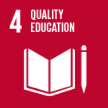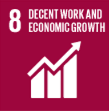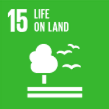Consortium
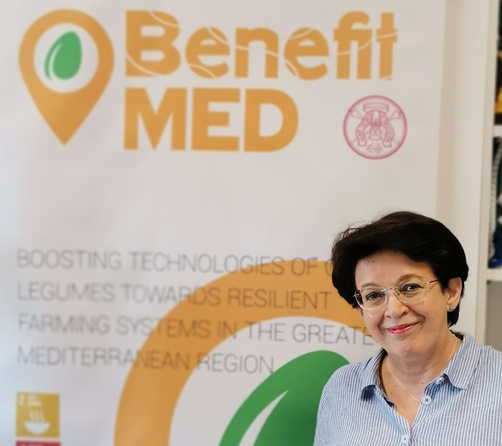

University of Pavia (UNIPV) Italy
UNIPV brings solid expertise on seed physiology and microbial genetics, used to design high-quality seeds for an innovative climate-resilient farming solution. UNIPV will coordinate the project and lead WP1 (seed priming), and WP7 (management). UNIPV will also contribute to stakeholder engagement, training for young scientists, and dissemination (WP6).


Karlsruhe Institute of Technology, Institute of Meteorology and Climate Research Atmospheric Environmental Research (KIT), Germany
KIT provides long-term experience in the study of climate change in vulnerable regions. KIT will lead WP4 (climate projections) and contribute to develop climate indices for crop yield estimations and identification of climate-crop hotspot regions in Mediterranean region (in collaboration with WP3, agroecosystem, and WP5, environmental impact/sustainability).

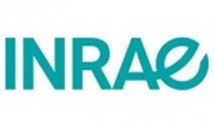
Institut National de Recherche pour l'Agriculture, l'Alimentation et l'Environnement (INRAE), France
Top institute for research on agriculture, food, and environment, INRAE will bring into the project its outstanding reputation in plant molecular genetics, seed sciences and bioinformatics. INRAE will lead WP1 (ex-ante assessment of agroecosystems and database), contribute to WP2/WP3, and play a relevant role in training and dissemination (WP6).


Agricultural University of Athens (AUA), Greece
As a lead Institution for basic and applied research in agriculture-related science, AUA will provide expertise in plant breeding in relation to crop biodiversity. AUA will lead the WP2 task for orphan legume germplasm selection, and contribute to manage the participatory work with farmers.

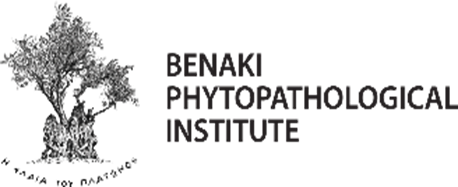
Benaki Phytopathological Institute (BPI), Greece
Top Institute of Greece and Europe, acting in all areas of plant protection. BPI will contribute to manage the field tests in WP3 (agroecosystem), support WP4 for development of climate indices used to characterise farming systems under changing climate conditions, and WP6 for results protection and exploitation.

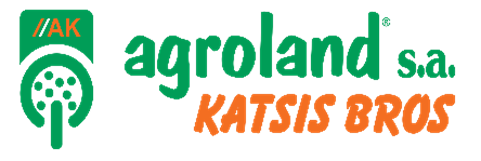
AGROLAND S.A. - KATSIS BROS (AG), Greece
The Company is involved in seed production and standardization processing of seed varieties (grain, legumes), and the certified quality production of local cultivars. The strong connection with Universities and Research Institutions has strengthen the Company R&D activities. AG will lead the WP2 task for seed multiplication and contribute to WP3 (agroecosystem).

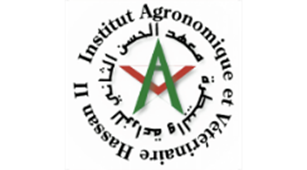
Institute of Agronomy and Veterinary Medicine Hassan II (IAV), Morocco
IAV will contribute with its long-term expertise on the study, exploitation and valorization of the existing genetic diversity in cereals and legumes for sustainable cropping in marginal areas. IAV will lead WP3 (agroecosystem) and also the WP1 task (data collection for the project database) and WP6 task (promotion of decision-making process).

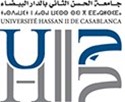
Hassan II University of Casablanca (UH2C), Morocco
UH2C will provide a multidisciplinary expertise for the chemical and physico-chemical soil analyses through dedicated sensors. UH2C will lead the WP1 task (sensitive sites), contributing to the inventory of agrosystem features for the project database. HU2C will also lead WP3 (participatory work with farmers) and WP6 (communication tools) tasks.

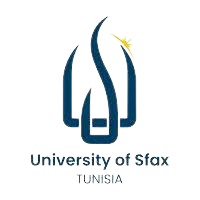
University of Sfax (US), Tunisia
US brings a long-term expertise in developing multidisciplinary/integrative approaches to understand the cellular/molecular mechanisms of crop stress tolerance (drought, salinity). US will lead WP6 (training, dissemination, exploitation) and also WP1 (barriers to orphan crops adoption) and WP3 tasks on project database implementation.


Associação BLC3 - Campus de Tecnologia e Inovação (BLC3), Portugal
BLC3, as nonprofit organization, promotes social and economic growth in rural regions. BLC3 experience on bioeconomy and circular economy will allow to assess the sustainability of the BENEFIT-Med farming model. BLC3 will lead WP5 (life cycle assessment) and contribute to dissemination activities.


University of Ferhat Abbas Setif1 (UFAS1), Algeria
UFAS1 will bring expertise in geography, territory planning, natural risk and climatic data management. UFAS1 will lead WP4 tasks for historical climate data collection, assessment of climate parameters and their impact on soil quality, contributing to the identification of vulnerable regions in the Mediterranean Basin domain pertaining to BENEFIT-Med.

